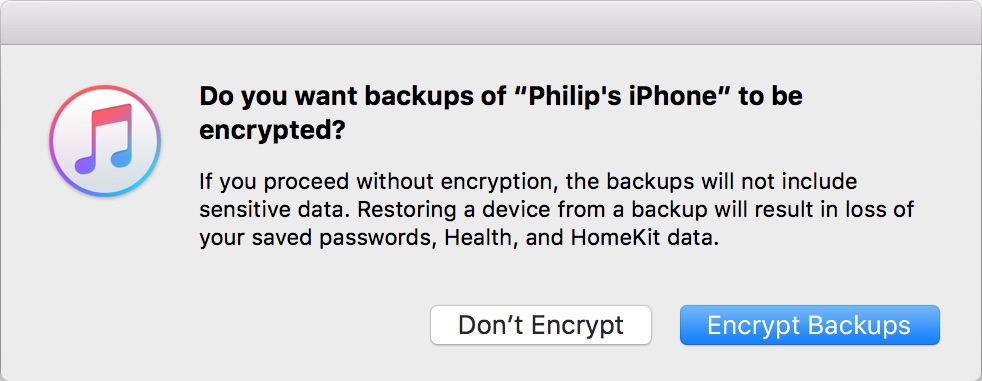Right to repair is important, but we should be designing for repair instead
We live in a world today that more and more items we buy are either intended to be disposable, or we are culturally influenced to make them disposable. In years past it was much more common to get your shoes repaired instead of buying new ones. When was the last time you went to a cobbler? I suspect many people wouldn't even know where to find one. Readers of a certain age are probably looking up the definition of cobbler (hint: not the pie). We buy electronics that work for a couple of years and then get tossed, sometimes ending up in African e-waste dumps, where at the risk to their health locals strip the electronics of precious metals, and burn insulated wires to get to the copper inside, released toxic fumes. Just think how many charging cables you've thrown out because they were worn out or just simply stopped working. Burning sheathed cables to recover copper at the Agbogbloshie e-waste landfill near the center of Accra, Ghana's capital city (Wikimedia Commons) Just this week the European Parliament voted to have the EU Commission establish a single charger standard (i.e. not Apple's Lightning) for all mobile devices. One argument they…

